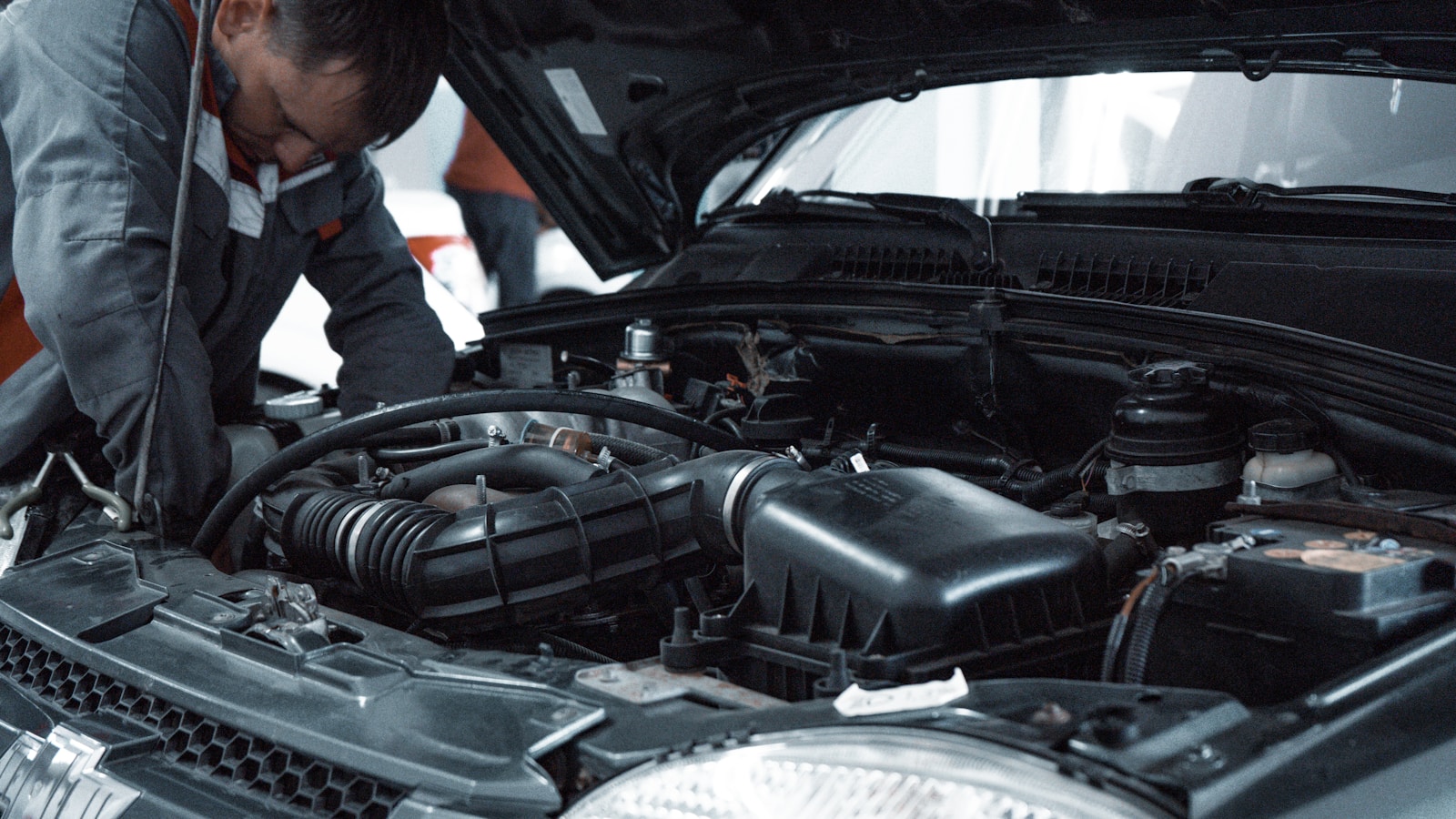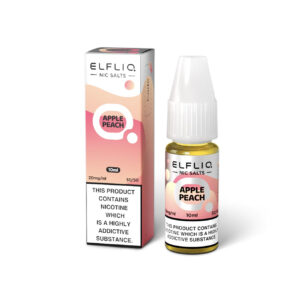Figuring out whether to fix your car or sell it for cash can be tough for many people. This choice mostly comes down to weighing how much it will cost to repair the car against how much you can get for it if you sell it. In this blog post, we’ll look at what affects this decision and compare getting cash for junk cars versus repair costs to help you make the right choice for your situation.
Knowing Your Car’s Worth
Before you make any choices, it’s crucial to find out what your car is currently worth in the market. Tools like Kelley Blue Book can help you estimate this based on factors like the make, model, year, and condition of your vehicle. Understanding this value will give you a clearer perspective on whether you should go ahead with repairs.
Getting Repair Estimates
The first thing you should do is get a quote for the repairs needed from a reliable mechanic. Some common repairs can carry a hefty price tag; for instance, replacing a transmission might cost anywhere from $3,500 to $5,000, and engine repairs can also be quite costly. If the cost of fixing your car is near or higher than its market value, it might not make sense to repair it.
Following the 50% Rule
One practical guideline is the “50% Rule.” This rule suggests that if the cost of repairs is more than 50% of what your car is valued at, then you should consider selling it instead. For example, if your car is worth $2,000 and repairs cost around $1,200, it may still be worth fixing. On the other hand, if the repair costs hit $1,500 or more, selling it might be your best financial bet.
Exploring the Junk Car Cash Option
Selling your vehicle for cash can provide quick financial relief, especially if the car is considered junk. Here are some pros of this choice:
Quick Cash Offer
One of the biggest benefits of selling a junk car is the fast cash you receive. Most junk car buyers are quick with their quotes, and can even arrange to tow the vehicle for free. This means you can quickly have cash on hand to invest in a new car or cover other expenses.
Skip Future Repair Bills
Opting to sell your vehicle also helps you avoid the chance of having to pay for future repairs. Older cars often need ongoing services, which can become costly over time. If your vehicle is already aging and showing signs of damage, it might be wiser to let it go before more expensive problems come up.
Eco-Friendly Disposal
There are also environmental reasons to consider when selling your junk car. When not disposed of properly, junk cars can be harmful to the environment. Many junk car buyers recycle parts and materials, helping to lessen the negative impact on the environment, which is a plus for anyone committed to sustainability.
When Repairing Makes Sense
While cashing in on your junk car has its upsides, certain scenarios make repairing it a better option:
Sentimental Value
Many people view their vehicles as more than just transportation; they often attach emotional value to them. If you have strong feelings toward your car, you may want to repair it, especially if it has traditionally been reliable for you.
Boosting Vehicle Value
If getting repairs done could significantly increase the car’s value, it might be worth repairing. For instance, if your vehicle is worth $6,000 and you know that the repairs will bring it back up to that value or even higher, making that investment in repairs can be a smart choice. Just make sure that these repairs will genuinely enhance your car’s market appeal.
Assurance of Safety and Reliability
If your vehicle is fairly new or has performed well in the past, then repairing it can be the right call to ensure it remains safe and dependable. Newer models usually come with better safety technology than their older counterparts, which makes them a more reliable option over the long haul.
The Decision Process
As you’re weighing the option of cash for junk cars versus repair expenses, think about the following factors:
- Current Worth: Find out how much your vehicle is valued at and compare that with the potential repair costs.
- Get Multiple Estimates: Talk to several trusted mechanics for quotes to gain a comprehensive outlook on repair expenses.
- Reliability History: Think about whether your vehicle has been reliable or frequently breaks down.
- Financial Standing: Look at your financial situation to see if you can cover repairs or need to focus on immediate cash.
- Future Goals: Consider your future transportation needs. If you plan to keep driving the car for years, your money may be better spent on repairs.
Wrapping Up
Ultimately, deciding between selling a junk car for cash and repairing it is a personal choice influenced by your unique situation. Selling might make sense if repairs cost more than the car’s market value or if the vehicle isn’t reliable. Conversely, if your car means a lot to you, or if the repairs could genuinely increase its worth, then spending on repairs could be worthwhile.
By carefully considering your vehicle’s condition, the repair expenses, and your personal feelings, you can arrive at a smart decision that fits both your financial situation and your transportation needs.





